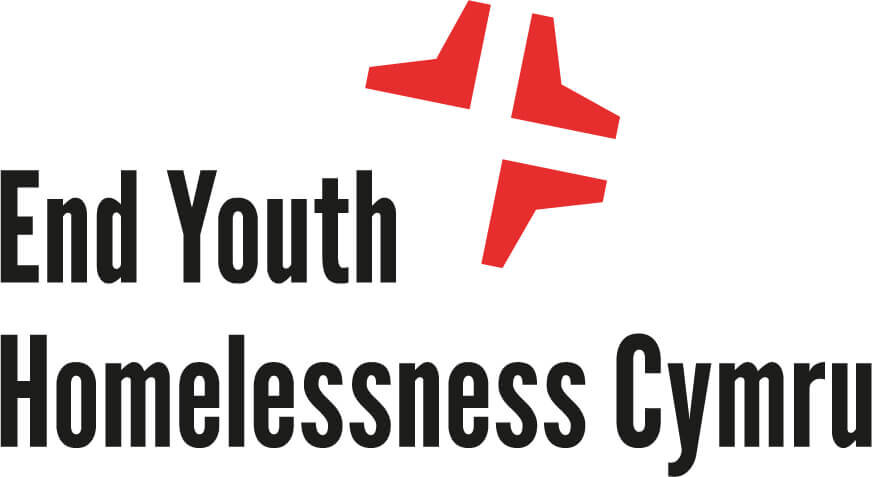We Can’t End Homelessness Without an End to Youth Homelessness
Dr. Peter Mackie, Reader at Cardiff University and Vice Chair of End Youth Homelessness Cymru, explains why in order to end homelessness, we must end youth homelessness first.
4th June 2020
The COVID-19 pandemic has brought about an incredible sector-wide response to homelessness in Wales, with over 800 homeless people housed since lockdown began. Local authorities, Welsh Government, third sector partners, and Housing Associations (apologies to those I have missed) have worked collaboratively at ‘crisis pace’ to support homeless people. Moreover, Welsh Government recently committed to provide £20 million to transform homelessness services and ensure no-one should have to return to rough sleeping.
As we move from this crisis response into a period of stabilisation it is important that the prevention of homelessness remains a core priority. Immediately prior to lockdown, Housing Minister Julie James accepted in principle the Homelessness Action Group’s recommendations on what is needed to end homelessness in Wales, and prevention lies at the heart of these recommendations.
As Vice Chair of the End Youth Homelessness Cymru (EYHC) coalition, I want to pay particular attention to the importance of preventing youth homelessness. But first, it’s worth recognising the distinctiveness and often hidden nature of young people’s homelessness experiences during the COVID-19 pandemic. Calls to Wales’ Youth Homelessness Helpline reportedly point towards two main concerns among homeless young people during the pandemic. First, young people who were sofa surfing with friends and family prior to lockdown have been asked to leave. Second, young people are having to remain in particularly volatile home situations, for instance where there is violence or substance misuse within the home.
Returning to the issue of youth homelessness prevention (rather than crisis response), I perhaps unsurprisingly turn towards the evidence base. I particularly wish to highlight a little known, yet profound, statistic from one of my past research studies. In 2014 I completed a study for Crisis involving a survey of 480 single homeless adults across the UK. The study found that nearly 50% of single homeless people first became homeless before the age of 21. Together with colleagues at Cardiff University I’ve recently been revisiting this data and we have found that the group of single homeless adults with the most adverse life experiences (e.g. substance misuse, mental ill-health, imprisonment) were particularly likely to have first experienced homelessness as a young person, nearly all had been excluded from school, and three quarters had been in local authority care. It is unambiguous that most homeless adults of today were yesterday’s young people at risk.
So the evidence is clear; we can’t end homelessness without an end to youth homelessness. Let’s continue to prioritise prevention.
